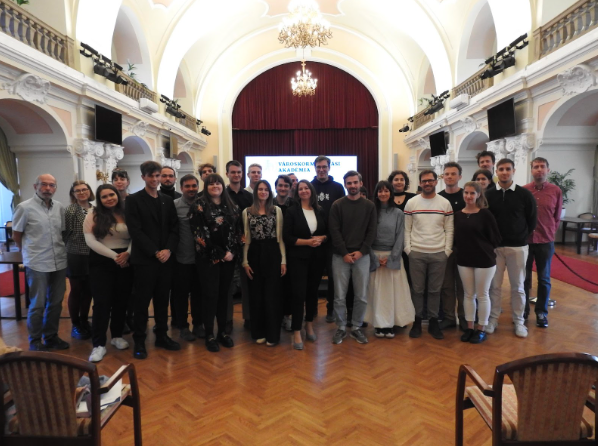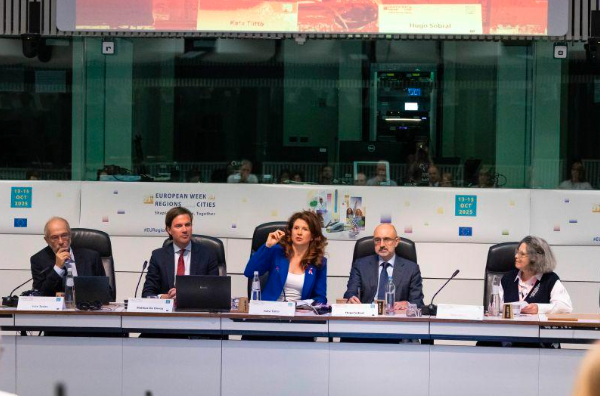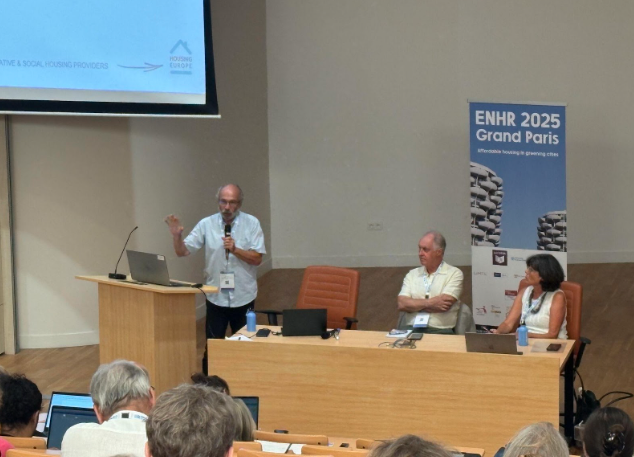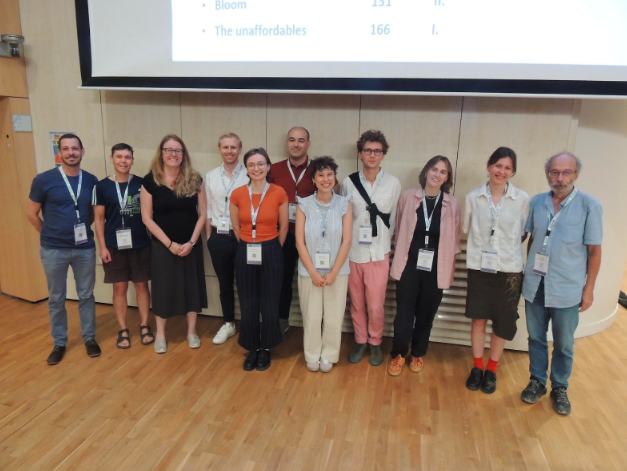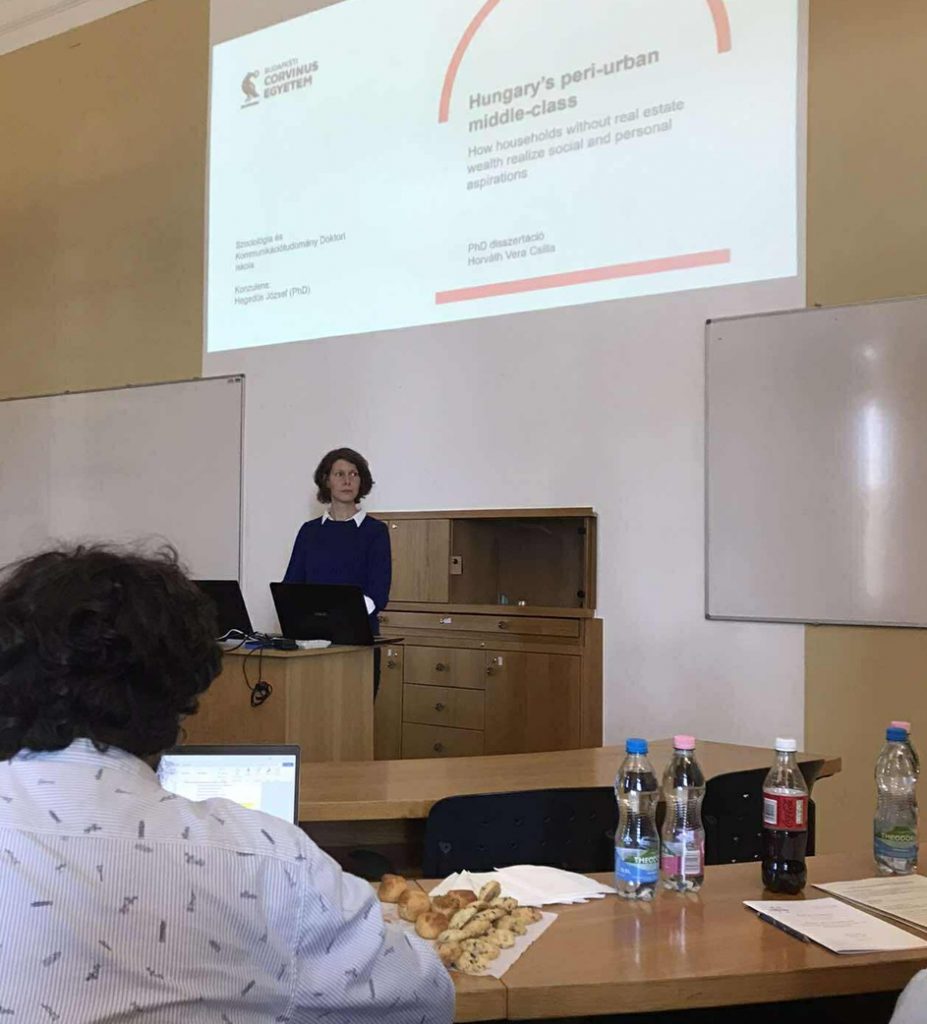We’re proud to share that the Metropolitan Research Institute contributed several chapters to the newly released European Compendium of Housing Policies, produced as part of the ESPON research project “HOUSE4ALL: Access to affordable and quality housing for all people.”
A big thank you to Zsuzsanna Földi, József Hegedüs, Kata Kepes, Bence Örkény, Eszter Somogyi, and Nóra Teller for their valuable contributions to this important publication!
The Compendium provides a comprehensive and comparative overview of how housing policies are delivered across Europe, providing a rich resource for policymakers, researchers, and practitioners working to make housing more inclusive and accessible.
You can learn more about the project and explore the Compendium here:
https://www.espon.eu/sites/default/files/2025-10/european-compendium-of-housing-policies.pdf
